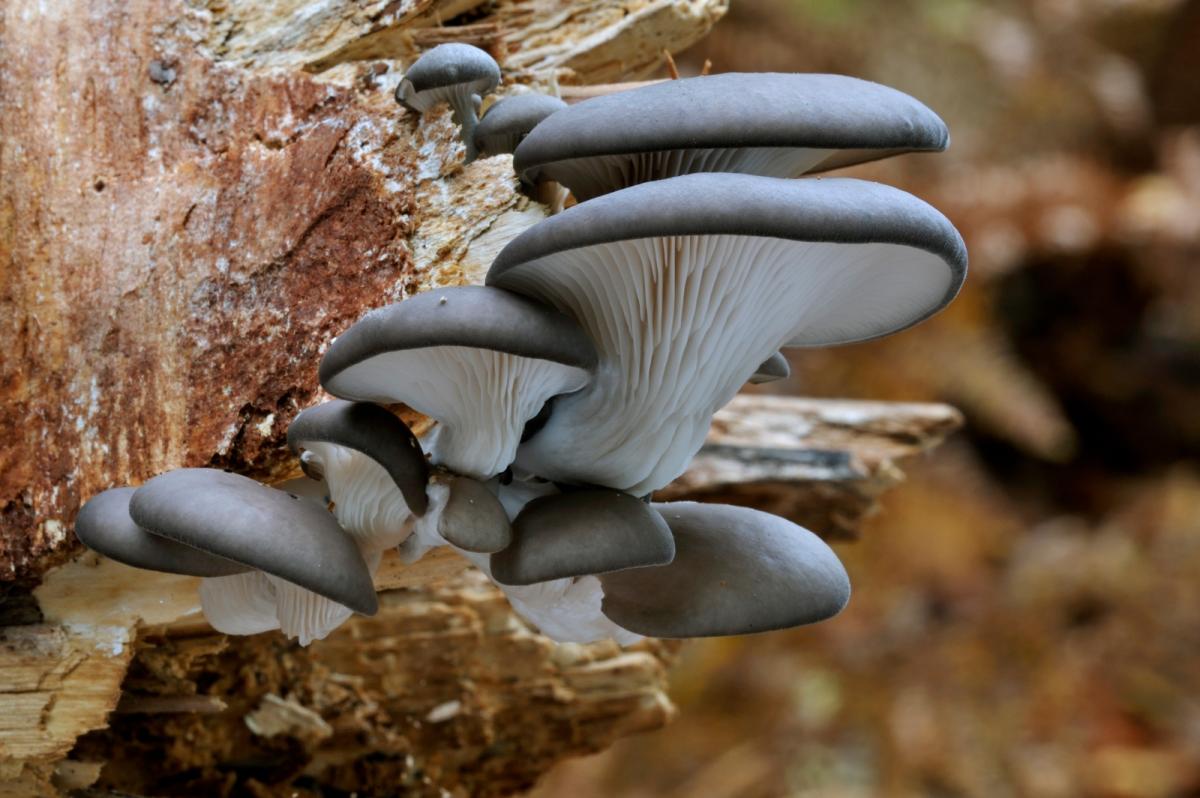This story was originally published by the Guardian and is reproduced here as part of the Climate Desk collaboration.
Up to 1.2 million cigarette butts could be consumed by oyster mushrooms that break down toxins and microplastics as part of a trial funded by the Victorian government.
Up to 9 billion plastic cigarette butts are discarded in Australia each year, according to the World Wide Fund for Nature, seeping harmful microplastics and chemicals such as arsenic into waterways and soil.
Sustainability Victoria will fund a program that diverts butts from landfill to a laboratory, where fungi will consume the plastic and chemicals. Studies will then determine if the byproduct produced can be transformed into a polystyrene replacement.
The program will be run by Melbourne-based Fungi Solutions, which has spent years training mushrooms to consume cigarette butts, mimicking a process that occurs naturally in the wild.
“Mushrooms have an incred... Read more
